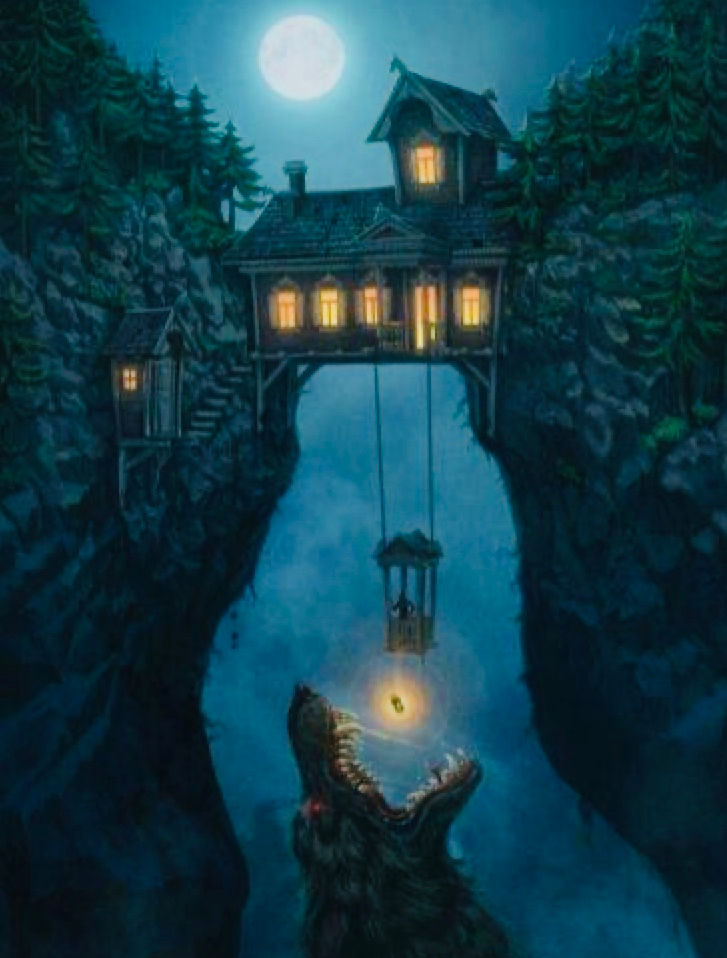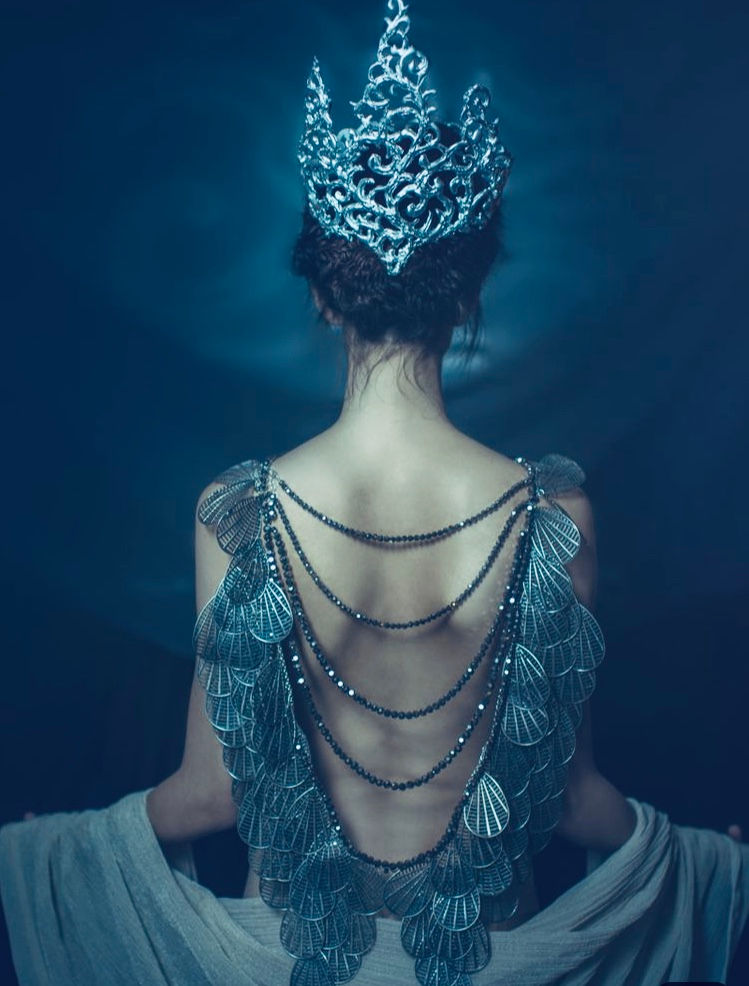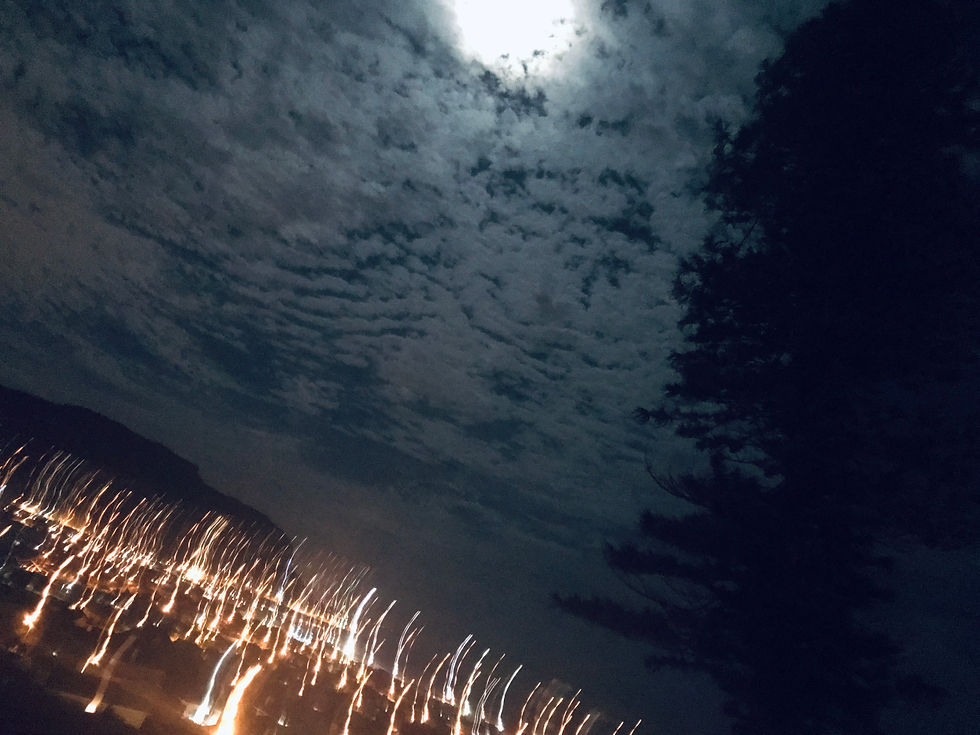The magic of reality.
- Georgia Rae

- Aug 14, 2020
- 5 min read
Updated: Oct 21, 2020

For the past week I have been caught up in the concept of fantasy worlds. My fixation is, in part, certainly due to the fact that during this 140 day lockdown I have had all the time in the world to re-read my favourite works of fiction and indulge in Lord of the Rings movie marathons. The other half of it stems from the impulse-buy I made a few days ago. Midnight Sun, the final book in the Twilight saga - and yes, I am a fan - team Jacob all the way! I read the first book almost ten years ago. We were staying in Knysna with my Aunt for Christmas and I had fallen ill. In an attempt to distract myself from the nausea my bug had brought on, I grabbed the first book my fingers touched when clawing at my beside table and began to read. Instantly I was drawn into a fantasy world - one that only pretended to mirror my own - the stark difference being the addition of vampires and werewolves.
Now I know that some of you may be scoffing right about now, but I am eighty percent sure that is only because you are picturing the pained, melodramatic expression on Kristen Stewart's face or how ridiculous Robert Pattinson looked with a sparkling chest. Those cinematic hilarities aside - Stephenie Meyer deserves some respect, yo. When it comes to romance and first person narration, she knows what she is doing. So anyway, five books and ten years later, I am reading the final installment of the franchise that is Twilight - and am enjoying it thoroughly! There is nothing more liberating than being transported to another world, and that sentiment got me questioning; what is it about monsters, myths and magic that is so captivating to a rational and logical human mind?

I started to think back on some of my favourite works of fiction and cinema both ancient and modern, and I puzzled over what "special something" they shared that made them so appealing to so many different personality types. How did they create common ground and connect people of opposite character, like my high school economics teacher who saw the world in black and white and the man on mushrooms I once met at a festival? From The Hobbit to Narnia, Alice in Wonderland to The Golden Compass, Magnus Chase to Inkheart and Wild Magic to Harry Potter - what made them all so compelling?
My first thought was that it was because they were all a form of escapism - which is technically true of course - but not in their entirety. These books do not shelter people from fear, pain, loss or uncertainty - they carry suffering between their pages just as we carry it on our shoulders. So, escapism fit but wasn't quite right. What else did they have in common? They were all wonderfully written by incredibly talented wordsmiths. True again - but people don't generally read books just to ogle at syntax and marvel at semantics. Maybe we were all drawn in by the promise of a moral teaching - don't go down the rabbit hole Alice, words are more powerful than you think Meggie, you may be small Frodo but you can make a difference. The fantasy genre may certainly deliver on this, but so do many others - and yet the thriller genre for example, doesn't seem to have the same diverse following.
Feeling like I was getting nowhere, and frustrated with my dead ends, I decided to take a break from puzzling over the why's and what's. To quiet my buzzing brain, I picked up Midnight Sun. After reading about twenty pages, I forced myself to put it down. This was the first hard copy I had bought in over a year and I needed to make it last. How was it that I was already over halfway? At this stage of the day, I had finished working on my advertising campaigns, completed my latest freelance project and I had already done the washing and swept the floor. I was alone in the flat, with no Kevin to distract me and no desire to mindlessly watch Netflix.
"I suppose I could write the next chapter of my novel..." I thought weakly and unconvinced.
I was going through a period of writer's block and hadn't been able to remedy my creative constipation. There were other things I could do of course - everyday tasks and chores, there were lists to write, questions to google and plans to make. As I considered it all, I felt a stubborn tug underneath my breastbone but I wasn't able to grasp exactly what it meant. Slyly, I picked up Midnight Sun.
"Screw this." I thought, overcome by reluctance to do anything at all, before diving back into the story.

It was only a couple of pages later, halfway through a paragraph, that I was hit with a loud and demanding realization. What all fantasy worlds had in common was the addition of enchantment to an otherwise familiar narrative. In Eragon it's the dragons and in the Wing's series it's, well, wings. The characters that we know and love are inherently humanized - Samwise is a loyal friend and Cersei Lannister is kind of a bitch. They mirror our needs and desires - they fall in love and they eat when they are hungry. The difference is that through them, we are able to perceive the impossible - like transforming from beast to man with true love's kiss or enjoying drinking blood rather than bloody Marys. In the world that we live in today, not much is left to the imagination. The answer to almost every question is just a google search away and the ancient myths have been whittled down to logical explanation and scientific fact. We are all so connected to one another through social media that we have become predictable and we can access so many places in the world through our smart phones that we feel like there isn't anywhere left to explore. As cogs in the 21st century machine, we have become creatures of habit - boring and un-moving - due to both choice and necessity. Somewhere along the line, between industrialization, scientific progress and the westernization of philosophy and art, we have become disenchanted with reality.

And who can really blame us? Creating magic from the mundane is hungry work and people have to eat. So we do what we can utilizing what we have - and in this case we have literature, so we devour fantasy fiction. When we lose ourselves in another world and are faced with Queens and curiosities, we awaken the part of our soul that fuels our imaginations. When we read the runes written by mages and hear the distant cries of battle - "FOR NARNIA!" - pounding through our minds, we re-ignite our own creative fire. By letting ourselves fall in love with the characters - horns and all - and by crying very real tears when they die tragically, we bring back into the real world a reminder that life is precious and fragile.

Having now given some thought to what would make up a fantasy land of my own creation, I can suddenly see a clear reflection of my mundane, everyday life. The Queens in their castles are my dignity, my power. The blackriders and dementors, my demons. The main character's trials and tribulations are my own and her companions are my comfort. Through both horrors and highs the fantasy worlds that we read about and create do more than just offer a momentary glimpse into mystical realms. They allow us to take some of that magic home with us, re-enchanting our own worlds, with their words. As Maya Angelou said, "If one is lucky, a solitary fantasy can totally transform one million realities."

By Georgia Rae




Comments